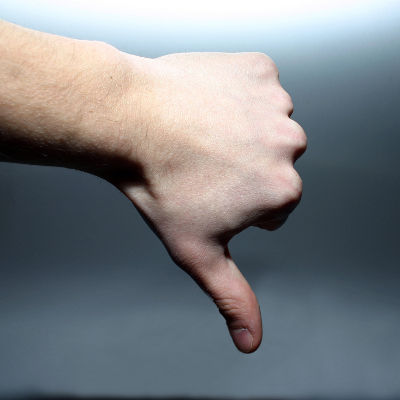|
How To Win Over A Lost CustomerAn entrepreneur offers a way to get back in their good graces. |
When You Have To Relay Bad NewsThe right way to handle a difficult conversation. |
Dump Clutter From Your WebsiteA branding agency exec guides you through a few steps. |





















